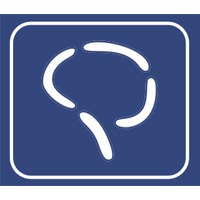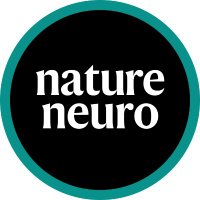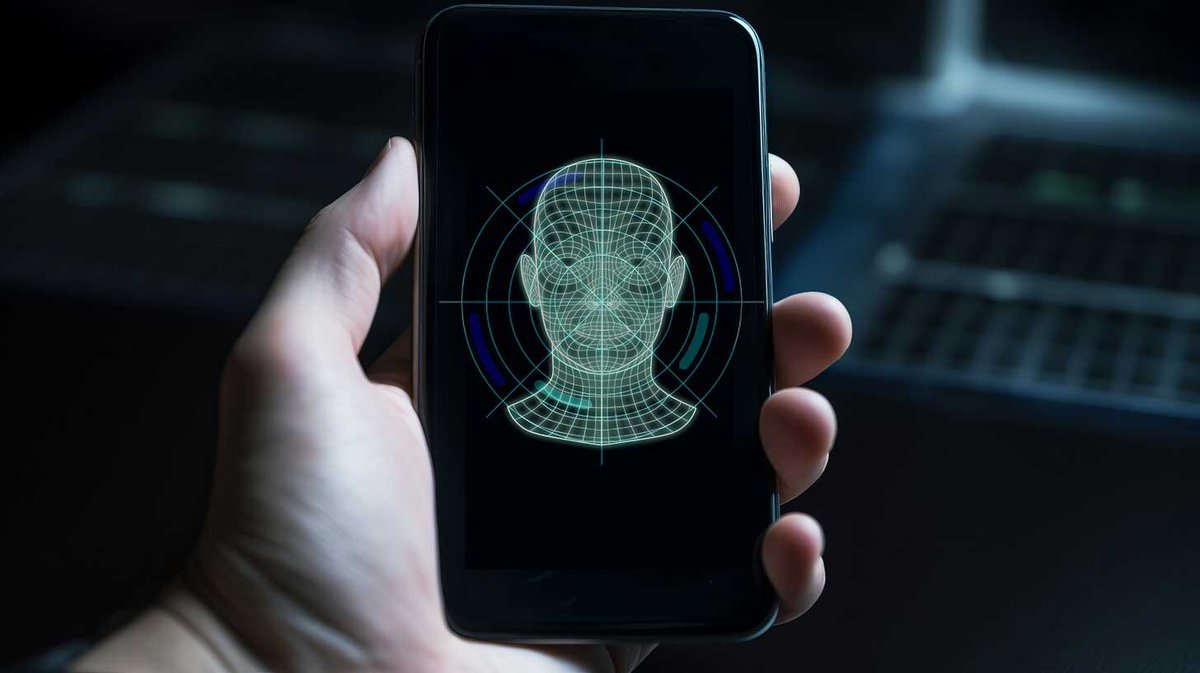
Tiffany Cheing Ho, Ph.D.
@tiffanycheingho
Assistant Prof @UCLA Psychology studying adolescent brain development, depression, stress 🧠
ID: 767770955976417280
https://candylab.psych.ucla.edu/ 22-08-2016 17:10:35
10,10K Tweet
3,3K Followers
1,1K Following



A Perpsective on considering the interconnected nature of social identities in neuroimaging research Elvisha Dhamala nature.com/articles/s4159…


Excited to be giving a keynote OHBM alongside these fantastic colleagues/friends! See you in Brisbane 🧠 Adeel Razi Paul Thompson Alessandro Gozzi (@gozziale.bsky.social) Qiu Anqi Joana Cabral Sharna Jamadar Melanie Boly humanbrainmapping.org/i4a/pages/inde…

Amazing collaboration among Columbia Psychiatry, Pitt Psychiatry, @prof_nick_allen showing that GPS data metrics (homestay) from personal smartphones can predict next week suicide events in high-risk youth. #SuicidePrevention #SuicideAwareness Now available in JAMA Network Open:




1/2: Important new findings by Peter Zhukovsky, a former postdoc in the lab and now faculty at CAMH Research, who identified a neural (rsfMRI) marker that predicted SSRI treatment.

🚀 Exciting news! The brilliant Isabella Kahhalé just published an amazing scoping review on early life adversity and empathy! 🧠💖 Her work reviews if/how childhood experiences shape our ability to understand and resonate with others #Empathy link.springer.com/article/10.100… /1




Excited to share my co–first-authored paper with Jinxiao Zhang and teamwork with tor wager and @JamesGross in Trends in Cognitive Sciences! We discuss emerging findings and a potential framework of neural overlap between emotion generation and regulation cell.com/trends/cogniti…

Paper w/ Tom Carpenter, PhD (@tcarpenter.bsky.social) & Alexandra Goedderz at PSPB!🚨 The standard IAT is only 5 min long. We found that making the IAT longer by taking it multiple times greatly improves predictive validity. Paper link and 🧵below, with practical advice about how to run IATs!




🧠📱Excited to share our invited commentary in JAMA Network Open on the promise and pitfalls of using smartphones (and wearables) to track psychopathology. w/ hadar fisher and linked to excellent paper by Whitney Ringwald Aidan Wright & team. Link -> tinyurl.com/5n8z4r6e


Smartphones can help people stay healthy by monitoring their sleep, steps and heart rate, but they also can help reveal issues tied to mental health, new research shows. In a study published in JAMA Network Open, researchers from the University of Michigan U-M College of LSA, University




